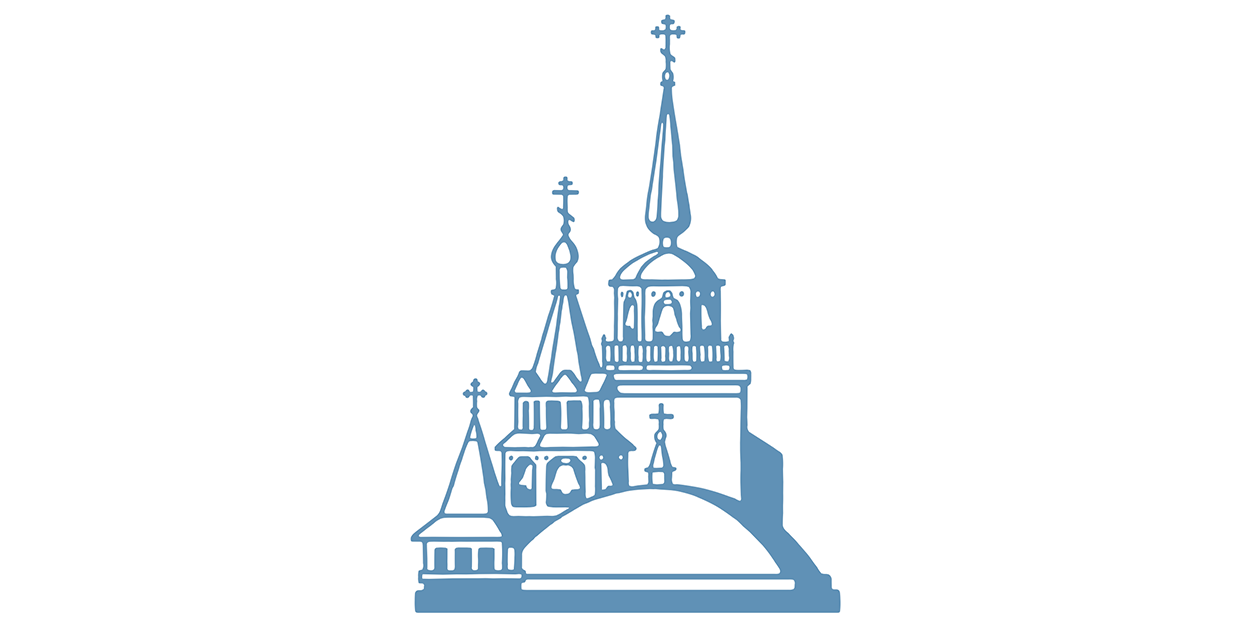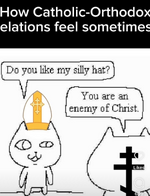Iakobos
Orthodox
Does anyone have a good link to a resource that gives the daily Scripture reading according to the Orthodox calendar and also names it according to the Church calendar? I.E. 31st week after Pentecost, and so on. I know I could calculate this myself but looking for a quick reference. Or a well-featured online Church calendar in general.
I found these:
 www.antiochian.org
www.antiochian.org

 www.oca.org
www.oca.org
But I can't easily correlate them with some of my reference books without knowing the week we're in.
I found these:
Antiochian Orthodox Christian Archdiocese of North America

Scripture Readings
But I can't easily correlate them with some of my reference books without knowing the week we're in.

